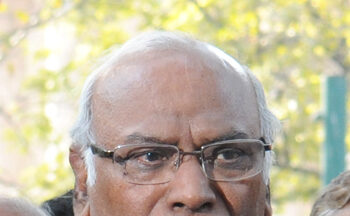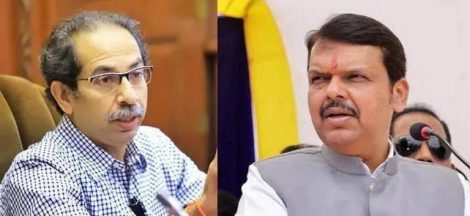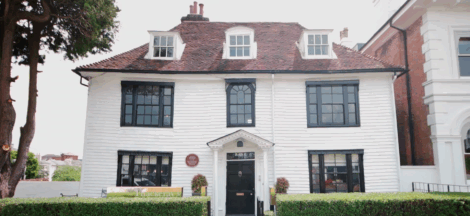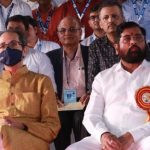Bangladesh is likely to step up heat on two “self-confessed killers” of Sheikh Mujibur Rahman and ensure their extradition to Dhaka soon after results are declared for the national election by the end of January 2024.
This theory, claim diplomatic sources in New Delhi, will work if the ruling Awami League returns to power in Bangladesh, chances of which are extremely high.
But the process is going to be tough, it is all about some top-level political manoeuvring between Bangladesh and the US and Canada, where the killers are holed up.
Would the US and Canadian laws permit people to be extradited to their home country if they are likely to face the death sentence? What is important is that the ongoing controversy between India and Canada has given Dhaka the opportunity to remind the world that one of the most wanted men in Bangladesh has eluded justice till now. And that they must return.
It is here that New Delhi could step in to help Dhaka. It has happened before and there are high chances it could happen again and New Delhi could put the heat on both Canada and the US to ensure justice for Bangladesh. It needs a mention here that a covert, joint operation between intelligence officers of India and Bangladesh led to the arrest of Abdul Mazed, a former captain of the Bangladesh army and one of the fugitives wanted for the 1975 assassination of Sheikh Mujibur Rehman. Mazed was arrested in April, 2020 from Mirpur, an industrial town close to Dhaka.
Political cognoscenti in the Delhi say covert operations between the two countries will be on the rise. India will need help from its neighbour to flush out insurgent leaders in north-eastern states who often cross over to Bangladesh to escape the Indian security forces.
But then, the million-dollar question is will Canada and the US now bite the silver bullet? New representations – it is reliably learnt – will be made to the US Minister of Justice Attorney General Merrick B. Garland and Arif Virani, the law minister of Canada.
This will be a big diplomatic tussle between Dhaka, Washington and Ottawa.
The assassination of Sheikh Mujibur Rahman and members of his family in a coup at their Dhanmondi bungalow on August 15, 1975 left the world shaken. Rehmani’s two daughters, Sheikh Hasina and Sheikh Rehana, were travelling abroad and were in Germany, hence, escaped. The coup was carried out by a coterie of middle-level Army officers.
Newspaper reports in Dhaka say four groups of soldiers led by the coup plotters entered Dhaka in the early hours of August 15, 1975. The first group entered Sheikh Mujib’s house and killed him after an argument and then went on to slaughter all members of the family as well as personal staff present, including a pregnant daughter-in-law of the family.
Other groups took over the radio station, key government buildings and disarmed security forces stationed at Savar in the city. Four Awami League leaders – the first Prime Minister of Bangladesh Tajuddin Ahmed, another former PM Mansur Ali, a former Vice President Syed Nazrul Islam and former home minister AHM Qamaruzzaman – were also arrested and incarcerated in Dhaka jail, and later murdered in prison. Bangladesh marks August 15 as a national day of mourning.
But getting the fugitives from abroad will be a tough call, especially when Bangladesh supremo Sheikh Hasina would not bypass the legal route to adopt covert operations. Highly placed sources in Dhaka told this reporter that some silent, diplomatic missions were sent to flush out these assassins but the moves did not work.
With inputs from NDTV




 Clash between rival Shiv Sena factions in Mumbai
Clash between rival Shiv Sena factions in Mumbai 